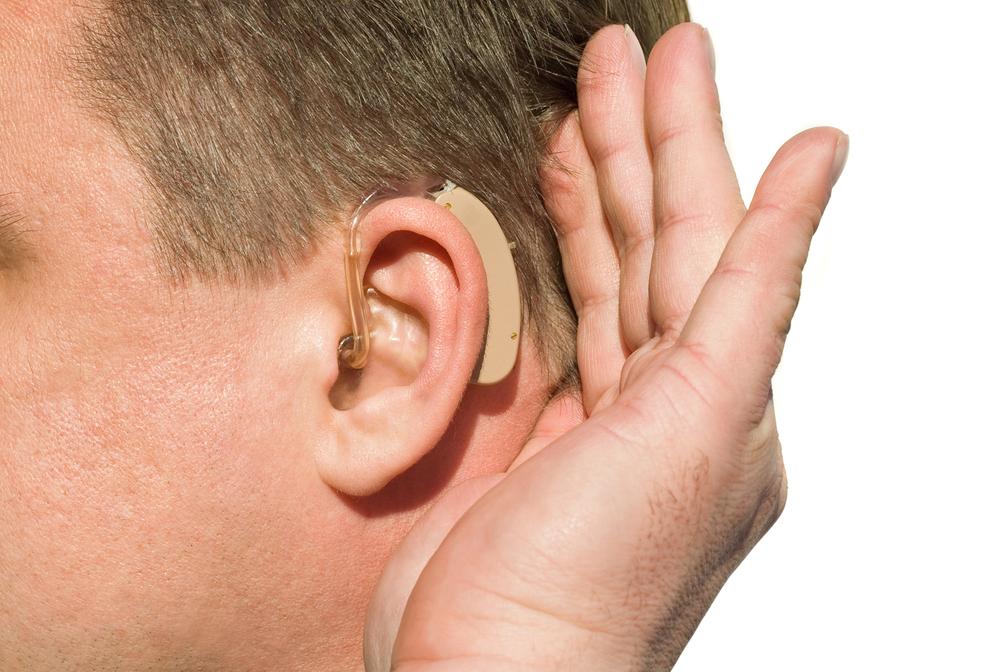Comprehensive Guide to Choosing the Right Hearing Aid for Optimal Hearing Enhancement
This detailed guide covers everything you need to know when choosing the right hearing aid. It discusses factors like costs, features, testing, trial periods, and negotiation tips to help you make an informed decision. Whether you're new to hearing aids or upgrading your device, this article offers valuable insights to improve your listening experience and quality of life.

In-Depth Guide to Selecting Your Perfect Hearing Aid
Hearing loss, whether mild or severe, can profoundly affect your everyday life, communication, and overall well-being. With advances in technology, hearing aids come in various designs and features tailored to different sound environments and personal preferences. Selecting the appropriate hearing aid requires careful evaluation of your hearing capabilities, lifestyle needs, and budget constraints. This comprehensive guide aims to provide you with essential information and practical tips to navigate the complex process of choosing the ideal hearing device that will enhance your hearing experience and improve your quality of life.
How to Identify the Most Suitable Hearing Aid?
Determining the right hearing aid involves understanding the diverse options available and assessing their compatibility with your lifestyle and hearing requirements. The cost of hearing aids can vary dramatically, ranging from approximately $400 for basic models to over $4,500 for advanced digital devices per pair. Therefore, it is crucial to consider not only the features but also the long-term value and support services included with your purchase.
Many providers may charge separately for various services, including hearing tests, device fittings, and ongoing aftercare, while some clinics bundle these costs into a single fee. Before proceeding, carefully review the terms of service, warranty coverage, and return policies to avoid unexpected expenses or misunderstandings. Keep these helpful tips in mind:
Obtain a detailed written purchase agreement that clearly states all terms, including warranty details and service coverage. Take your time to understand every aspect rather than rushing into a decision.
Experiment with multiple brands and models to find the one that offers the best fit and functionality for your specific needs. Since most modern hearing aids are programmable, ask your audiologist or provider about customizing sound processing features such as noise reduction, feedback cancellation, and directional microphones.
Request demonstrations of key features like telecoils, remote controls, and smartphone compatibility, ensuring these features are tested and adjusted during the fitting process for optimal performance.
Take advantage of trial periods offered by providers—typically spanning from one to several weeks—to test different models in your real-life environments. This allows you to compare comfort, sound quality, and usability over an extended period.
Set clear personal expectations regarding what you need from a hearing aid, whether it's enhanced speech clarity, background noise management, or discreetness. Visiting with a trusted family member or friend can provide valuable feedback and help you make a more informed decision.
If you have friends or acquaintances who use hearing aids, consider seeking their recommendations for reliable providers and brands. This can save you time, money, and frustration by avoiding subpar options.
Ensure that your hearing test is conducted in a soundproof booth for utmost accuracy. Advanced procedures like 'real ear' measurement ensure proper fitting, verifying that the device delivers appropriate amplification in your ear canal before you leave the clinic.
Identify which additional features or accessories are necessary based on your lifestyle. For example, if your daily activities are mostly confined to your home, prioritize essential features over expensive extras to optimize your investment.
While the average price for quality digital hearing aids ranges from $1,600 to $3,000 and is generally not covered by Medicare, negotiation can be beneficial. Many retailers apply markup margins, so exploring price options and bargaining can lead to significant savings.
By keeping these comprehensive tips in mind, you can confidently select a hearing aid that perfectly suits your needs, helping you to recover clearer sounds, communicate effectively, and enjoy a better quality of life. Remember, investing time in your research and consultations will ultimately ensure you find a device that provides reliable performance, comfort, and value for years to come.





